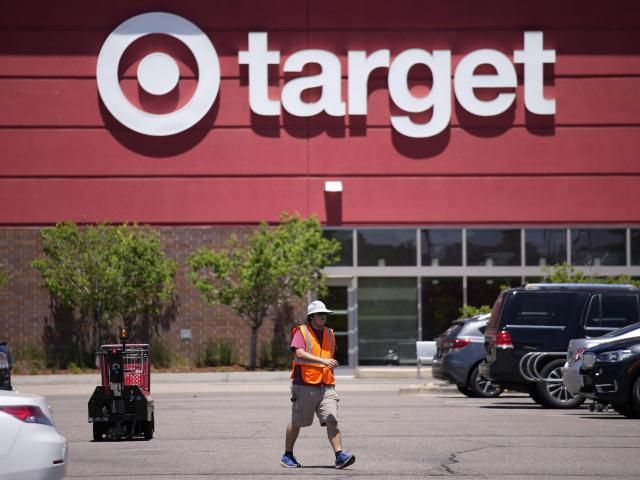
Target, the second-largest discount retailer in the United States, has announced that it will be lowering prices on over 5,000 items to attract inflation-wary shoppers. The price cuts come as consumers have been cutting back on spending due to rising costs and stagnant wages. Target's move follows similar actions by other retailers such as Walmart and Ikea, who have also been reducing prices in an attempt to boost sales.
The discounts will affect a wide range of items, including household staples like milk, fresh fruit, diapers, and pet food. Target's Good & Gather brand of unsalted butter now costs $3.79 instead of $3.99 per pound. Other popular brands such as Clorox wipes and Prime energy drink will also see price reductions.
Target reported its first annual decline in sales (1.7%) in seven years in March, highlighting the impact of inflation on consumer spending habits. The retailer's move to lower prices is an attempt to win back customers who have been cutting back on discretionary items such as home decor, electronics, and nonessential clothing.
The price cuts are part of Target's ongoing efforts to compete with Walmart and other discount retailers. In January, Target launched a new budget-friendly house brand called Dealworthy with most items under $10. The collection includes basic items such as clothing, electronics, and household essentials.
The move by Target to lower prices comes as inflation has begun to cool down after peaking at 9.1% in June 2022. However, prices are still higher than they were before the pandemic and have remained a concern for many consumers.
Target is not the only retailer taking steps to address inflation and attract customers. Last week, McDonald's announced plans to introduce a $5 meal deal in the U.S., while Walmart reported strong quarterly sales driven by an influx of bargain-hunting customers.
The discounts will be spread out across dozens of national brands as well as Target's own brands. Target Circle Card members will also receive an additional 5% discount at checkout and exclusive deals throughout the year.
Target's move to lower prices is a response to changing consumer behavior and the impact of inflation on household budgets. The retailer is not alone in taking such steps, as other retailers have also been reducing prices in an attempt to win back customers and boost sales.



